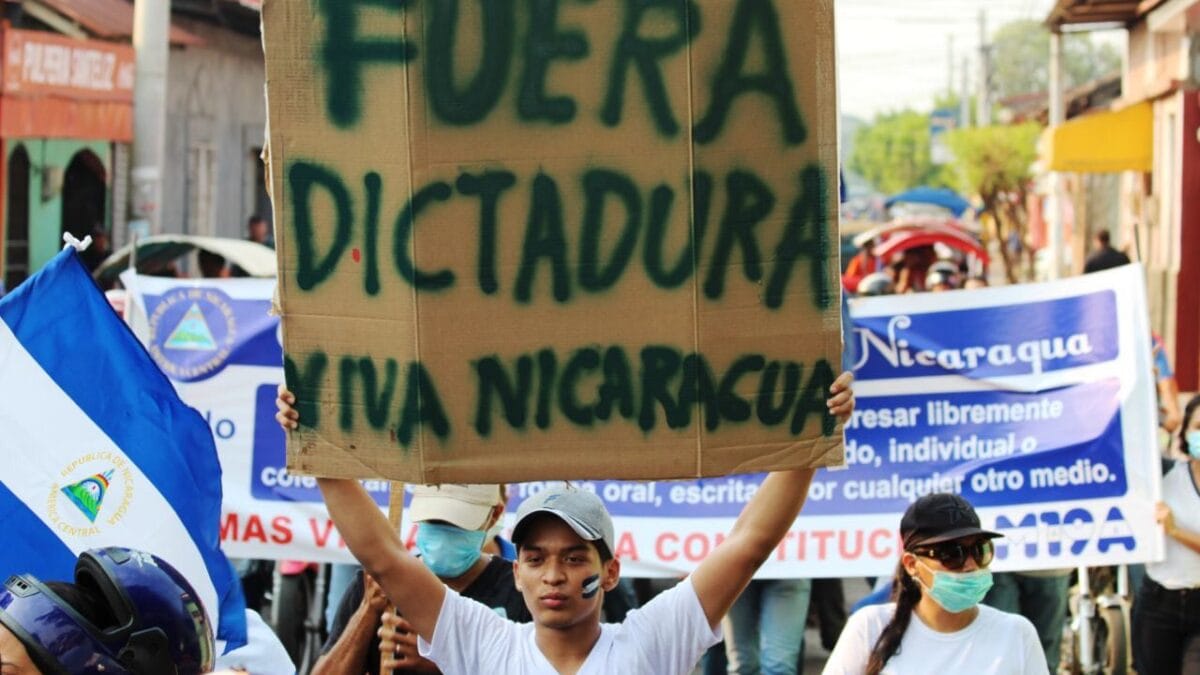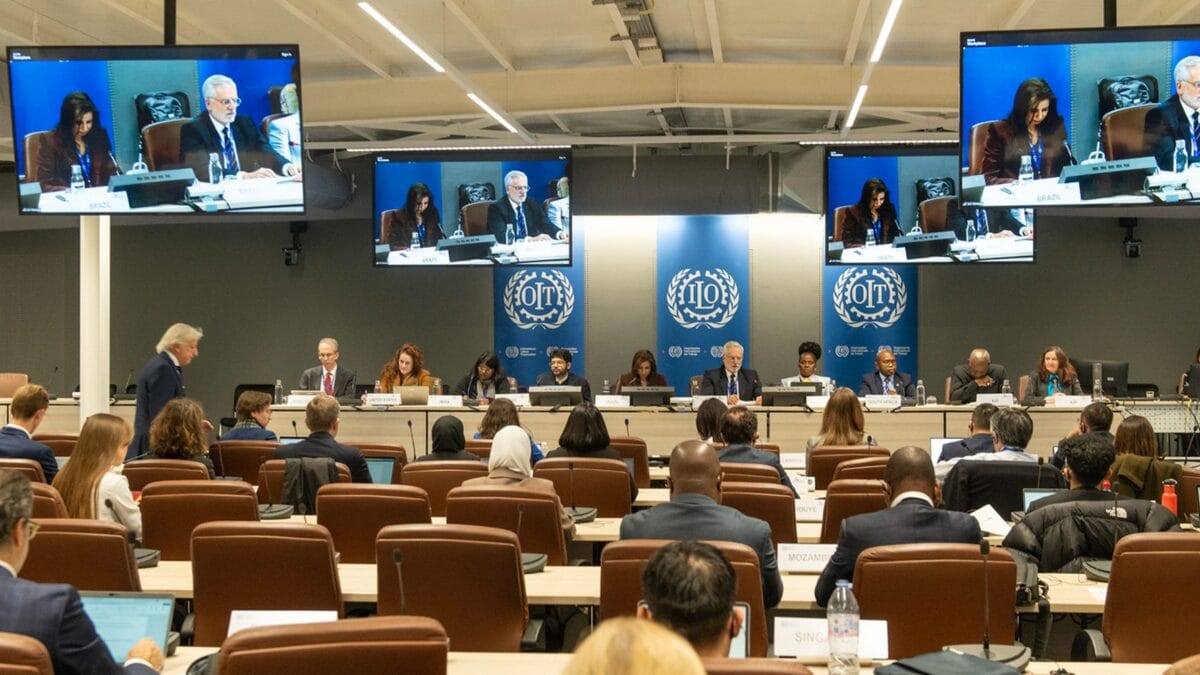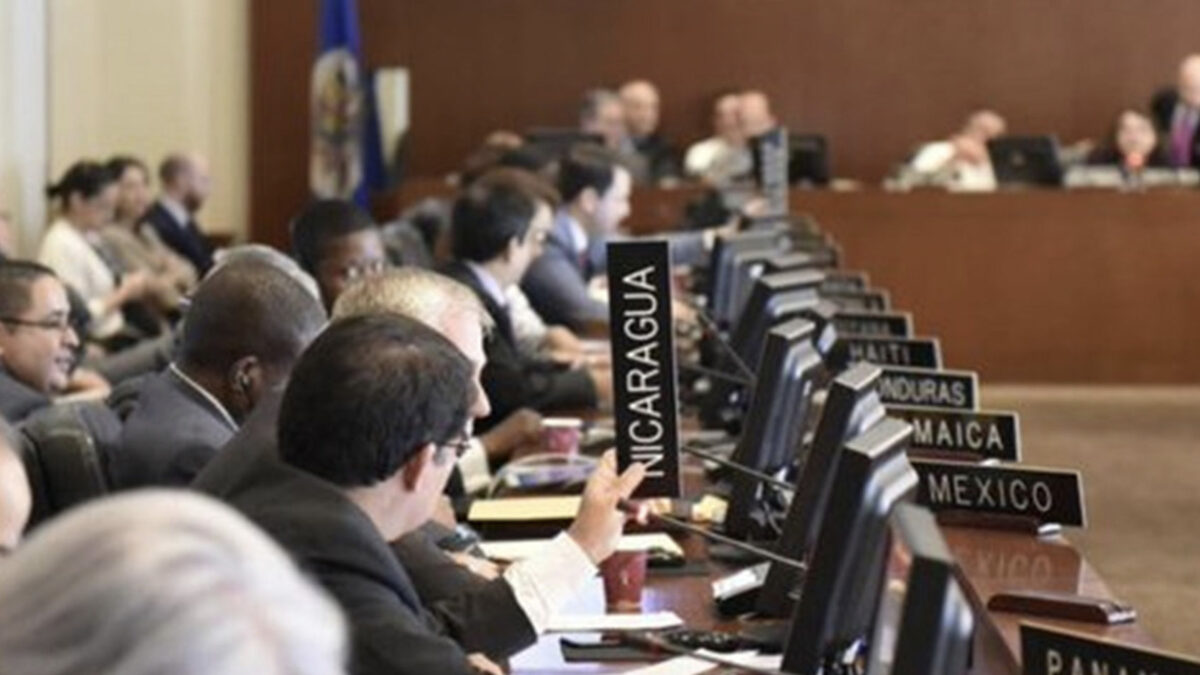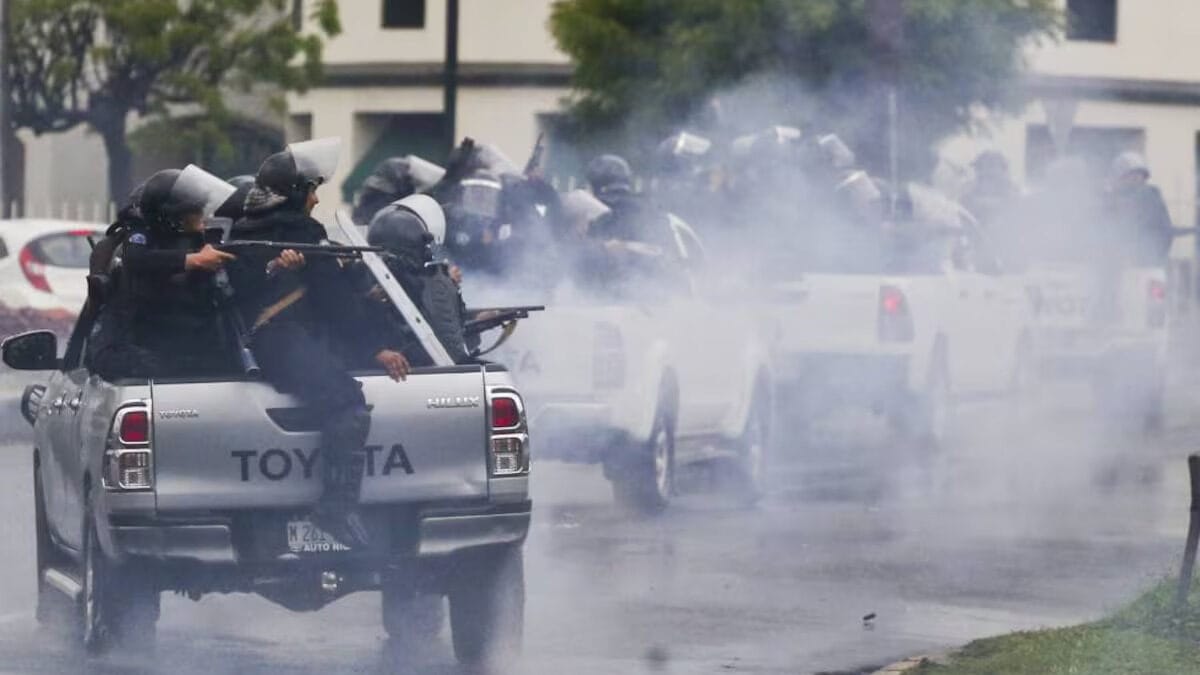On the eve of the seventh anniversary of the start of the socio-political crisis of April 2018, which still takes its toll on the Nicaraguan people, one of the main consequences is that Nicaragua suffered the largest exodus in its history.
In the country there is no possibility of electing authorities in democratic electoral processes, so people chose to vote with their feet. With the closing of democratic spaces, with hate-filled repression applied to anyone who does not think like the dictators, with a populist narrative created for their followers and a declining formal economy, Nicaragua is now a country with no future.
Because of this, since the beginning of the crisis about 15% of the population has left the country and therefore their families, while another part also aspires to migrate. The main destination is the United States, where approximately 563,000 Nicaraguans arrived between 2018 and 2024.
Before 2018, the accumulated historical migration of Nicaraguans in the United States was 300,000 people. The crisis has almost doubled that number in only six years, that is a reality that cannot be hidden or ignored, and the gravest thing is that the situation is not improving.
On the contrary, everyday Daniel Ortega and Rosario Murillo destroy the country more and more, protected by the power of weapons and the complicity of the Police and the Army, institutions that in return guarantee the enrichment of their high command.

Alliances with other dictatorships
The Ortega Murillo dictatorship decided to distance itself from democratic countries and join the group of the worst dictatorships in the world, strengthening alliances with China, Russia, Iran, North Korea, Cuba and Venezuela. Not only that, having failed to impose its whims, this year it withdrew from four international organizations.
In February, it finished burying democracy with the entry into force of a new Constitution that concentrates the powers and decisions in Ortega and Murillo, who are now co-presidents.
During the first months of 2025, the attacks and confiscations against the Church continued, especially the Catholic Church, but also the Evangelical and Moravian Churches. Nicaragua is now on the list of countries of special concern because religious persecution continues to deepen.
As part of the new instruments of repression, as reflected in the most recent report of the Group of Human Rights Experts on Nicaragua (GHREN), are the expulsion and denial of entry to citizens, a decision that seeks to keep fear at the surface. The majority of Nicaraguans are terrified of leaving the country, for fear of joining those who suddenly find themselves without a country, without property and without family.

Continued escalation of repression
Arbitrary deprivation of nationality and denial of protection are part of this new repressive repertoire. A crime against humanity, statelessness, is now a common measure applied by the Ortega Murillo family to those they consider enemies.
Repression against Non-Profit Organizations (NPOs) continues. Not even Sandinista organizations or those that worked hand in hand with them are spared: threats, harassment and surveillance are the daily occurrence. The specter of confiscations is a reality that is part of the scheme, and in order to keep those they consider enemies terrorized, repressive actions transcend borders.
Therefore, it is no coincidence that the U.S. Secretary of State, Marco Rubio, has expressed himself categorically against the dictatorships of Cuba, Venezuela and Nicaragua, and that the U.S. State Department suggests its citizens to avoid traveling to Nicaragua. It is also why there is an investigation in the U.S. Department of Commerce on section 301, for human rights violations and that in the U.S. Congress, Republicans and Democrats have a shared position on Nicaragua.
In the midst of this crisis, the Trump administration revoked the humanitarian parole immigration relief program that benefited some 93,000 Nicaraguans. If forced to return, a good part of them will face a reasonable fear based on years of persecution and repression that have been corroborated internationally, and recently reactivated by the threats and expressions of hatred that Murillo expresses against the exiles.
From the Nicaraguan Democratic Concertation (CDN) we consider that, in view of the continuous deterioration of democracy, the escalation of repression and the fierce persecution, it is urgent that this decision be reviewed, since nothing is normal in Nicaragua and there are many risks that the thousands of Nicaraguans who would have to return will face.
Dialogue with a clear mandate from the OAS

In recent statements made by Albert Ramchand Ramdin, Secretary General-elect of the Organization of American States (OAS , he said that when he assumes the leadership of the organization he expects to establish communications with Nicaragua and Venezuela to monitor their developments, despite the fact that both dictatorships have denounced the Constitutive Charter in order to cease to be members of the OAS.
The declaration made by the Surinamese Foreign Minister Ramdin, contemplating the possibility of opening a dialogue with Nicaragua, were made in an interview to a Paraguayan media outlet. They occurred in a context in which the Ortega-Murillo dictatorship continues to advance their purpose of isolating Nicaragua from democratic nations, and withdrawing from any international organization -as they once did with the OAS- that dares to remind them of their obligations in terms of human rights and democracy, to reveal information that contradicts their misleading statistics or refuses to comply with their wishes.
This has recently led to their withdrawal from the International Labor Organization (ILO), the Food and Agriculture Organization of the United Nations (FAO), the International Organization for Migration (IOM), the Human Rights Council of the United Nations (UN) and the Central American Court of Justice (CCJ).
In his remarks, the future OAS Secretary General reiterated that “it is important to clearly demonstrate the benefit of the OAS in terms of the defense of democracy, the defense of human rights and the role that the OAS plays in security and migration”, recalling that the OAS is and must continue to be a club of democratic nations.

Diplomacy seeks solutions
As a diplomat with a long career and vast experience, Ambassador Ramdin knows perfectly well the totalitarian stubbornness of the Ortega-Murillo family that has led them to turn Nicaragua into an outlaw state that ignores international law. Nevertheless, he is convinced of the importance of action and initiative since, if he does not try, he will have no chance of success, for as popular wisdom has it, “he who does not risk, does not win”.
Diplomacy seeks solutions that seem impossible, does not stop in the face of difficulties and shuffles between creative ways to achieve its objectives, which in the case of Nicaragua are clearly established in the most recent resolutions issued by the OAS.
On November 8, 2023, a few days before Nicaragua’s exit from the organization, the Permanent Council resolved to continue to pay special attention to the situation of the country, to promote and encourage full respect for human rights and fundamental freedoms of its citizens, because the country remains a party to the freely ratified Inter-American Conventions, including the Pact of San Jose and other commitments derived from customary norms, which bind them according to the principles of international law.
In June 2024, during the General Assembly held in Paraguay, recalling that the democratic and human rights crisis in Nicaragua affects the stability and security of the region, the plenary resolved by consensus to urge the Nicaraguan regime to cease all human rights violations, restore democratic institutions, especially the rule of law and respect for human rights, abide by the resolutions of the Inter-American Commission on Human Rights (IACHR), and the decisions of the Inter-American Court of Human Rights (IACHR-Court), which are constantly disregarded.

It is the struggle of all democratic actors
In addition, it instructed the Permanent Council and urged the member States to remain attentive to the situation in Nicaragua and to facilitate initiatives for dialogue, negotiation and visibility that contribute to the recovery of democracy.
The Nicaraguan Democratic Concertation (CDN), despite being aware that the dictatorship closed any possibility of debate and strengthened its totalitarian model, by self-approving a new regressive Constitution in terms of human rights and democracy, expresses its recognition of the willingness of the new Secretary General Ramdin, to establish communication with the Ortega Murillo to meet the objectives of the aforementioned resolutions.
This effort must lead to the restoration of democracy, freedom and justice that will put an end to the impunity of State institutions and other actors that commit serious human rights violations. To achieve these purposes is the reason that brings us together and we are pleased that the OAS, through its new authorities, accompanies us in our struggle, which is the struggle of all democratic people in the Americas.
